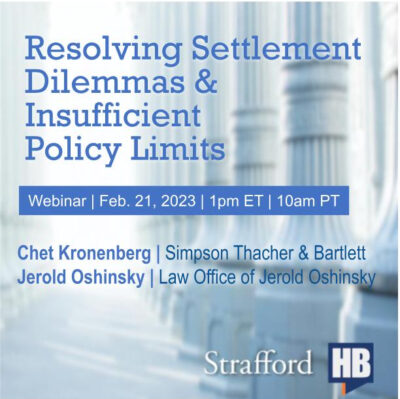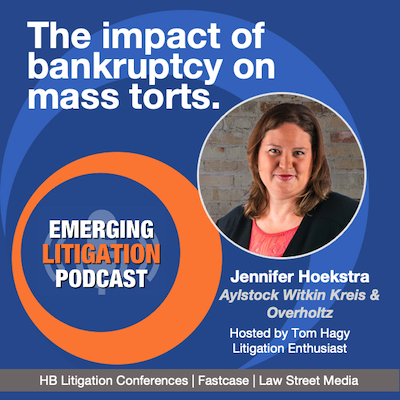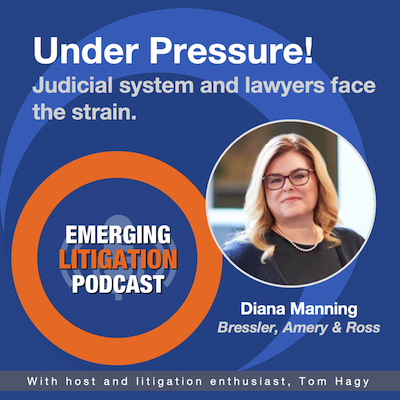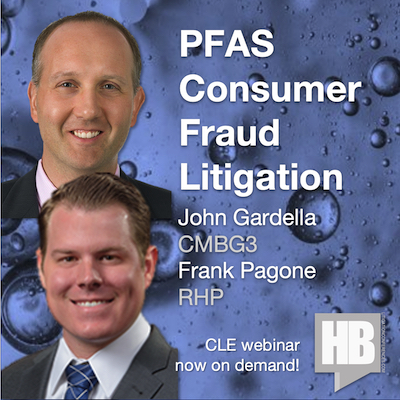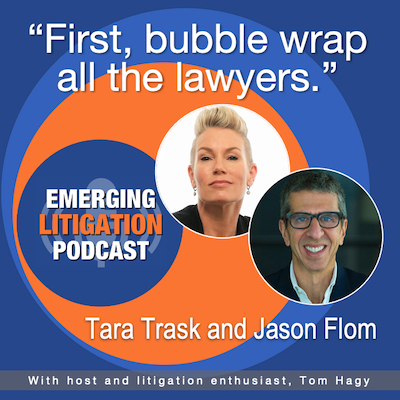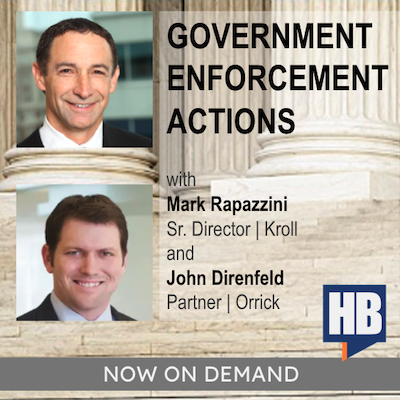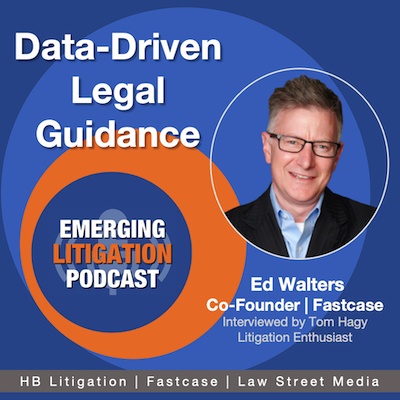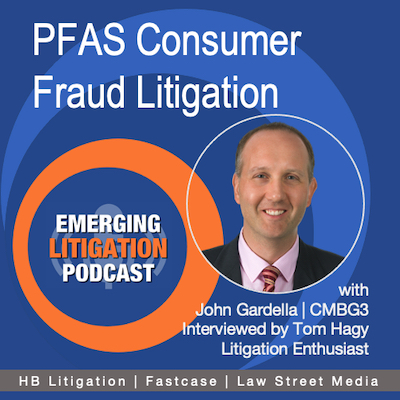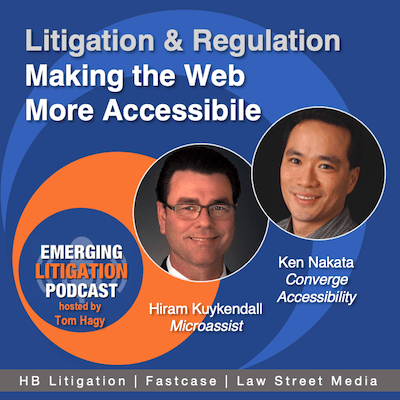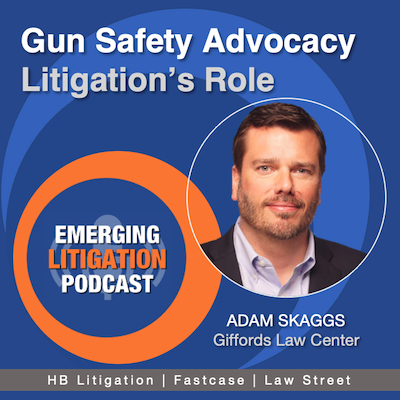Resolving Insurers’ and Insureds’ Settlement Dilemmas When Policy Limits Are Insufficient: Multiple Insured and Multiple Claims
Resolving Insurers' and Insureds' Settlement Dilemmas When Policy Limits Are Insufficient: Multiple Insured and Multiple Claims Liability insurers, depending on the jurisdiction, may have to accept a policy limit settlement demand when liability is reasonably clear and the amount of the judgment "likely" will exceed the policy limit. Unique problems arise when an insured faces multiple claims from a single occurrence, liability is clear, and the policy limits are insufficient to settle all claims. Options for dealing with the issue exist, but all potentially expose the insurer to bad faith claims. The panel will explore different approaches, the jurisdictions that follow them, and solutions that offer insurers the best protection from extracontractual claims.Equally vexing is the situation in which more than one insured, such as both the owner of a vehicle and its driver, are covered under one policy. A claimant might demand the policy limits but release only one of the insureds. In such a situation, the insurer could face bad faith claims from one insured for refusing to settle and from the other for agreeing to settle.An interpleader action may not be the answer. Interpleading policy limits can leave the insurer vulnerable to accusations of artificial exhaustion, abandonment of the duty to defend, and a bad faith claim that the insurer shirked its duty to use policy funds to limit the [...]

